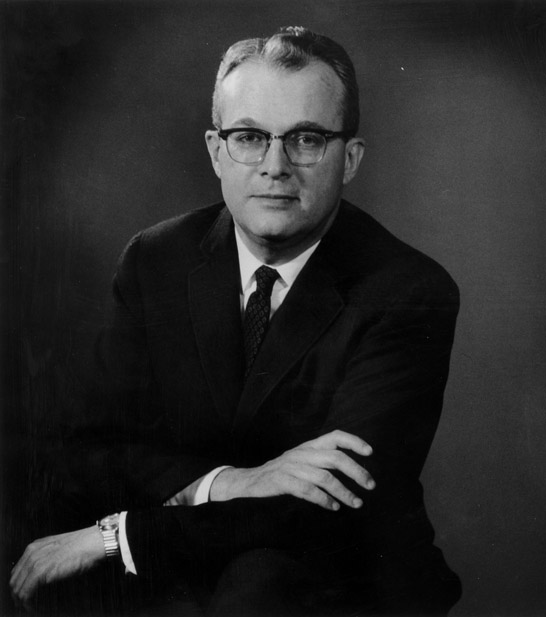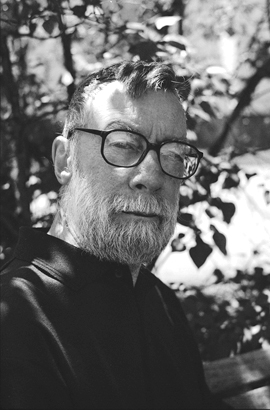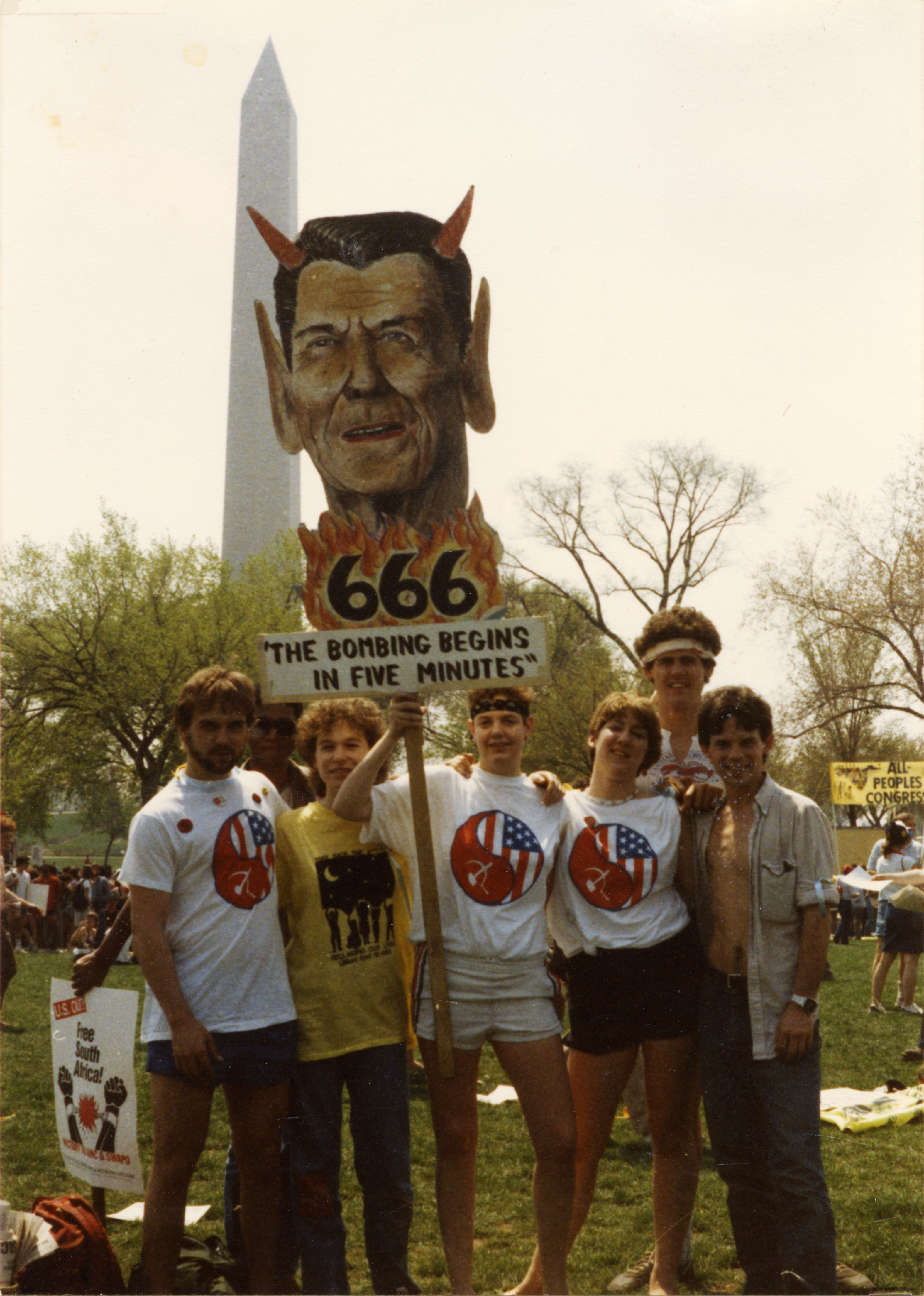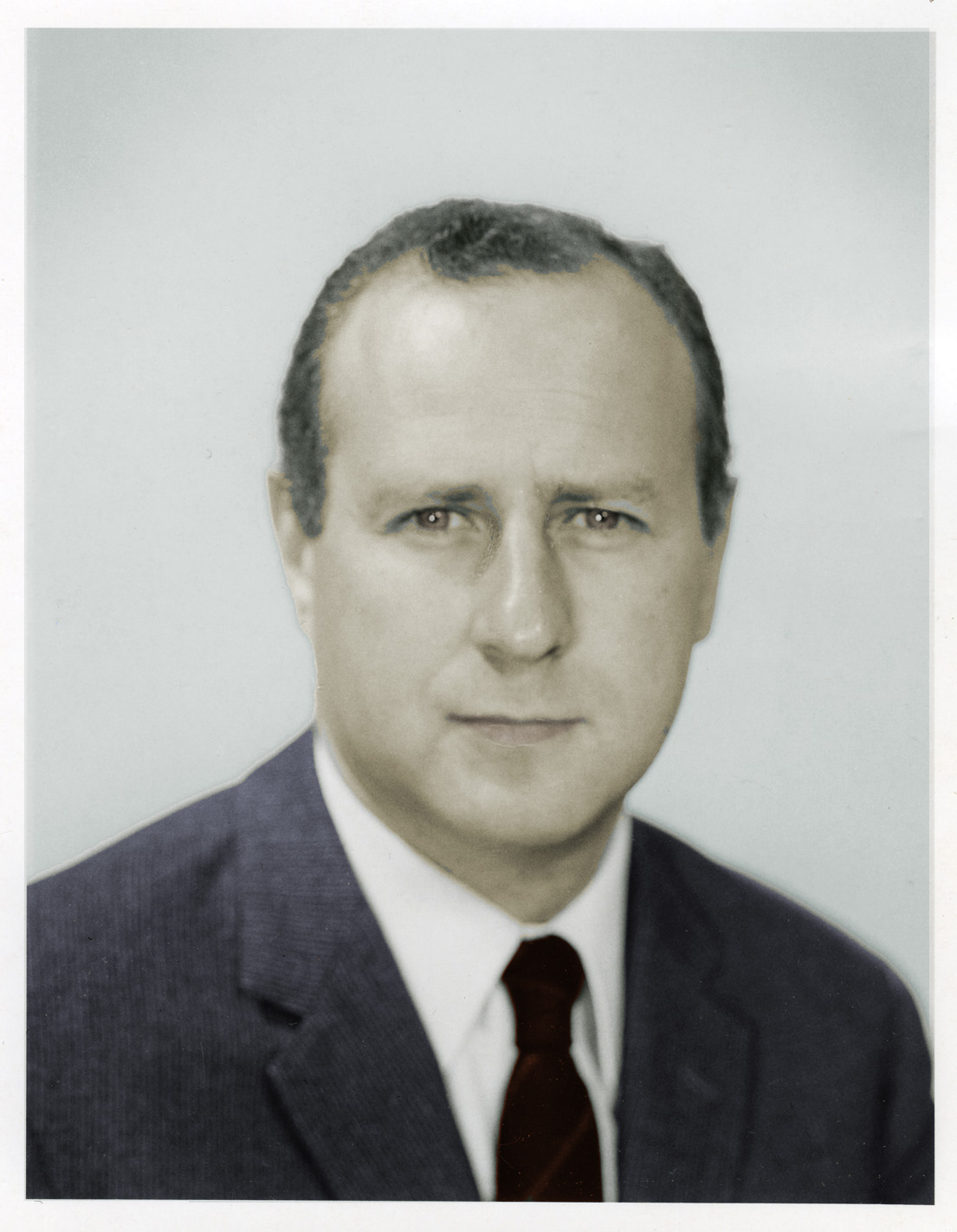Randy Kehler Papers
A veteran of the peace movement and founder of the Traprock Peace Center (1979), Randy Kehler was active in the National Nuclear Weapons Freeze Campaign, the Peace Development Fund, and the Working Group on Electoral Democracy. Beginning in 1977, he and his wife became war tax resisters, withholding federal income tax to protest U.S. military expenditures, donating it instead to charity. As a consequence, their home was seized by the IRS in 1989, setting up a protracted legal struggle that resulted in Kehler’s arrest and imprisonment and the sale of the house. They remain tax resisters.
The Kehler Papers document the five year struggle (1989-1994) against the seizure and sale of the Kehlers’ home by the IRS. The collection includes meeting minutes, notes, correspondence, newspaper clippings; letters to the editor, essays, articles, plans and strategy documents for the vigil set outside the Kehler home; support committee information and actions; correspondence with government officials, the IRS, and the Justice Department; letters of support; documents from the legal proceedings; and political literature addressing the Kehlers’ situation.





